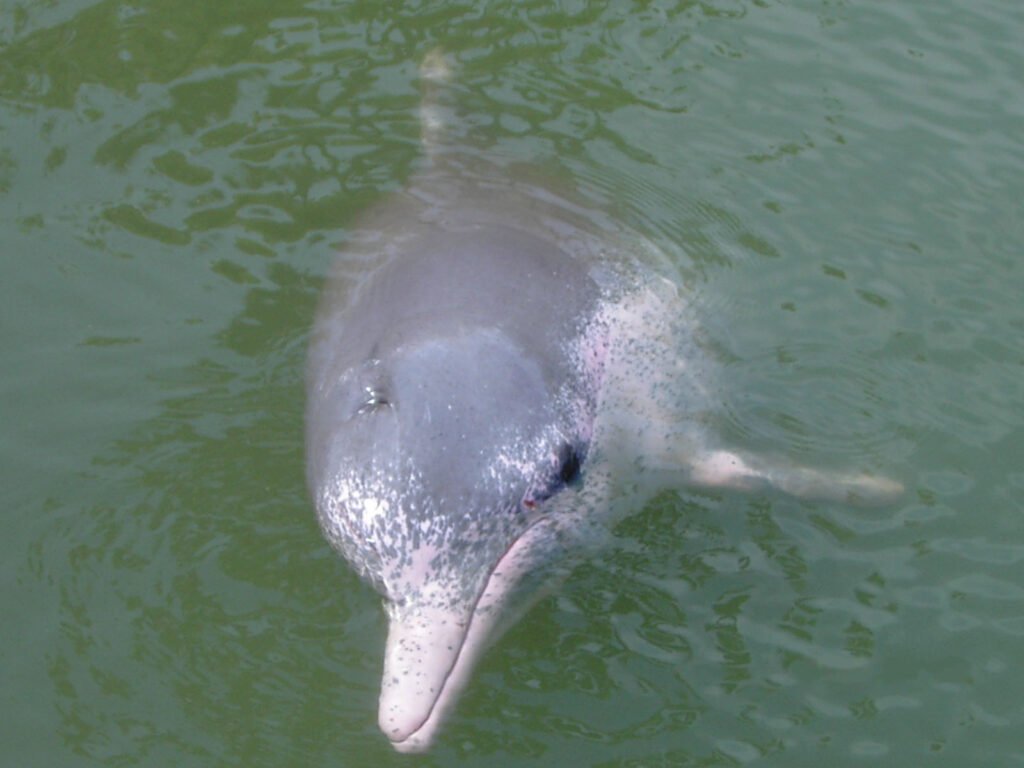Dr. Jane Cooke Wright was a pioneering African-American physician and researcher whose work in oncology laid significant foundations for modern cancer treatment, particularly chemotherapy. Born on November 20, 1919, Dr. Wright emerged from a family dedicated to medicine and became one of the most esteemed female scientists of her time. Her innovative research on chemotherapy transformed the approach to cancer treatment, making her an inspirational figure in medical history.
Early Life and Education

Jane Cooke Wright was born in New York City to a family with a strong medical background. Her father, Dr. Louis T. Wright, was one of the first African-American graduates of Harvard Medical School. Dr. Wright followed in her family’s footsteps, attending Smith College for her undergraduate degree before earning her medical degree at New York Medical College in 1945. Her educational journey laid a firm foundation for her subsequent achievements in cancer research.
Pioneering Work in Cancer Research

In the 1940s and 1950s, cancer treatment options were limited and often ineffective. Most patients with cancer received either surgery or radiation therapy, as chemotherapy was still in its infancy. It was against this backdrop that Dr. Wright began her groundbreaking work in developing chemotherapeutic treatments for cancer. She believed that the potential of chemotherapy was vast and underexplored, a belief that she pursued with relentless dedication.
Development of Chemotherapy Techniques

Dr. Wright’s research in chemotherapy was marked by her innovative use of culture tissues to test the effects of various drugs on cancer cells. Her most notable contribution was her development of the technique to use human tissue culture to evaluate the effectiveness of anti-cancer drugs. This technique allowed for more rapid and accurate testing of how different chemotherapy agents could combat malignancy in cancer patients.
Wright’s research efforts led to the identification of methotrexate as an effective chemotherapeutic agent, which has become one of the key drugs used in cancer treatment today. Methotrexate proved particularly revolutionary in treating breast cancer and leukemia, significantly increasing survival rates.
Contributions to Clinical Research and Patient Care

Throughout her career, Dr. Wright held several prestigious positions. In 1967, she was appointed a professor of surgery, head of the Cancer Chemotherapy Department, and associate dean at New York Medical College, becoming one of the highest-ranking African-American women in a medical institution. Her leadership in clinical research was not only instrumental in advancing scientific knowledge but also in improving patient care, focusing on personalized treatment plans based on individual patient needs and responses.
Legacy and Impact on Modern Medicine

Dr. Jane Cooke Wright’s legacy is deeply etched into the annals of medical history. Her work paved the way for future generations of oncologists and researchers. Through her dedication and insights, chemotherapy evolved into a more refined and targeted treatment method, thereby enhancing the lives of countless cancer patients worldwide.
Moreover, as an African-American woman in a predominantly male-dominated field during her time, Dr. Wright served as a trailblazer, inspiring women and minorities to pursue careers in science and medicine. Her contributions have left an indelible mark on cancer research and treatment protocols.
Conclusion

Dr. Jane Cooke Wright’s innovative spirit and relentless pursuit of medical advancement have made her an iconic figure in the history of cancer research. Her pioneering work in chemotherapy has saved innumerable lives and continues to guide oncological practices today. Her legacy is a testament to the profound impact that dedicated individuals can have on the world, underscoring the importance of diversity, persistence, and innovation in scientific endeavors.

Leander is a fish out of water still figuring out how to use a laptop on the sea floor. He spends most of his time as a divemaster and skipper in various locations around South Africa assisting with marine research and educational outreach programs. He has a BA (Law) degree majoring in English Language and Philosophy.




